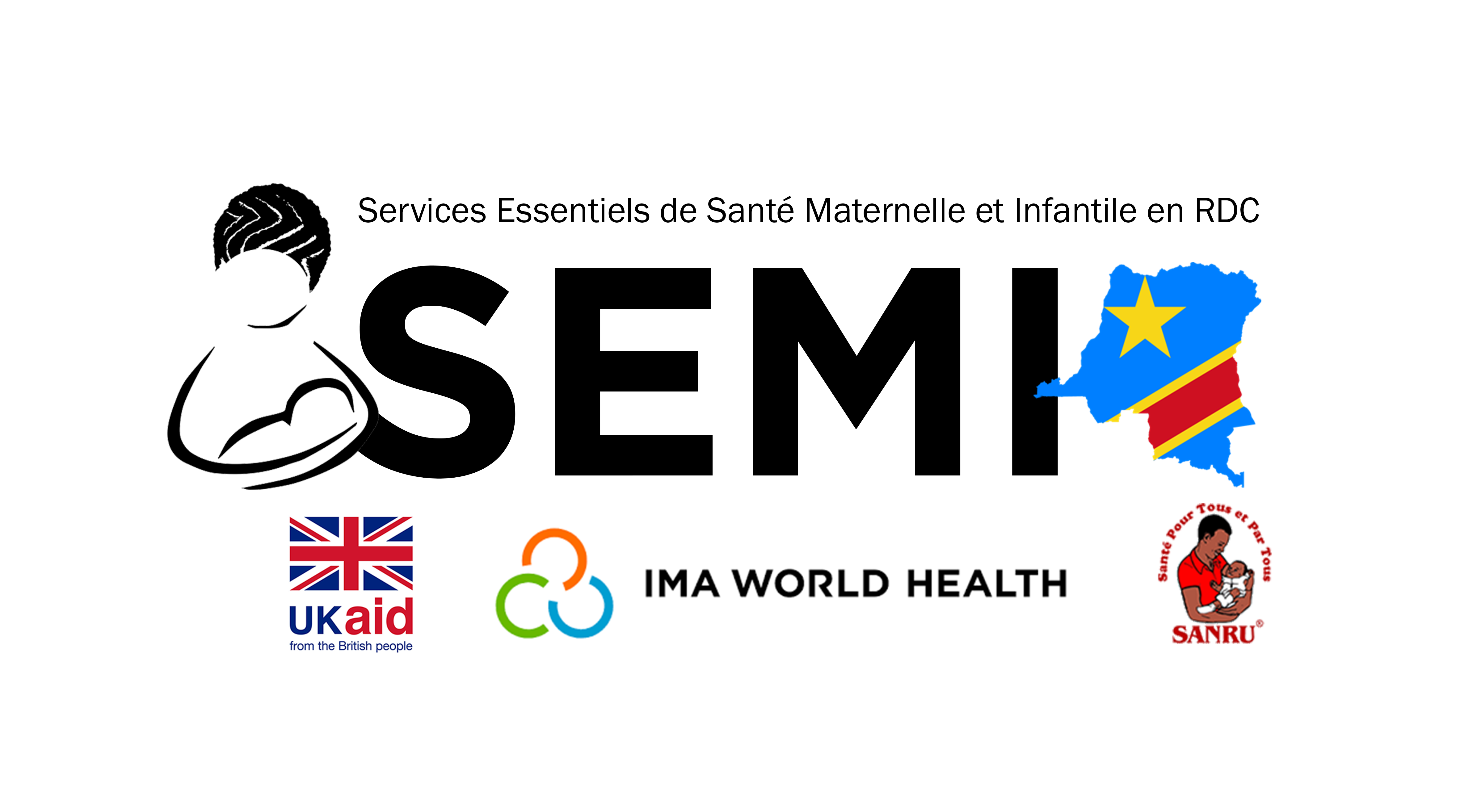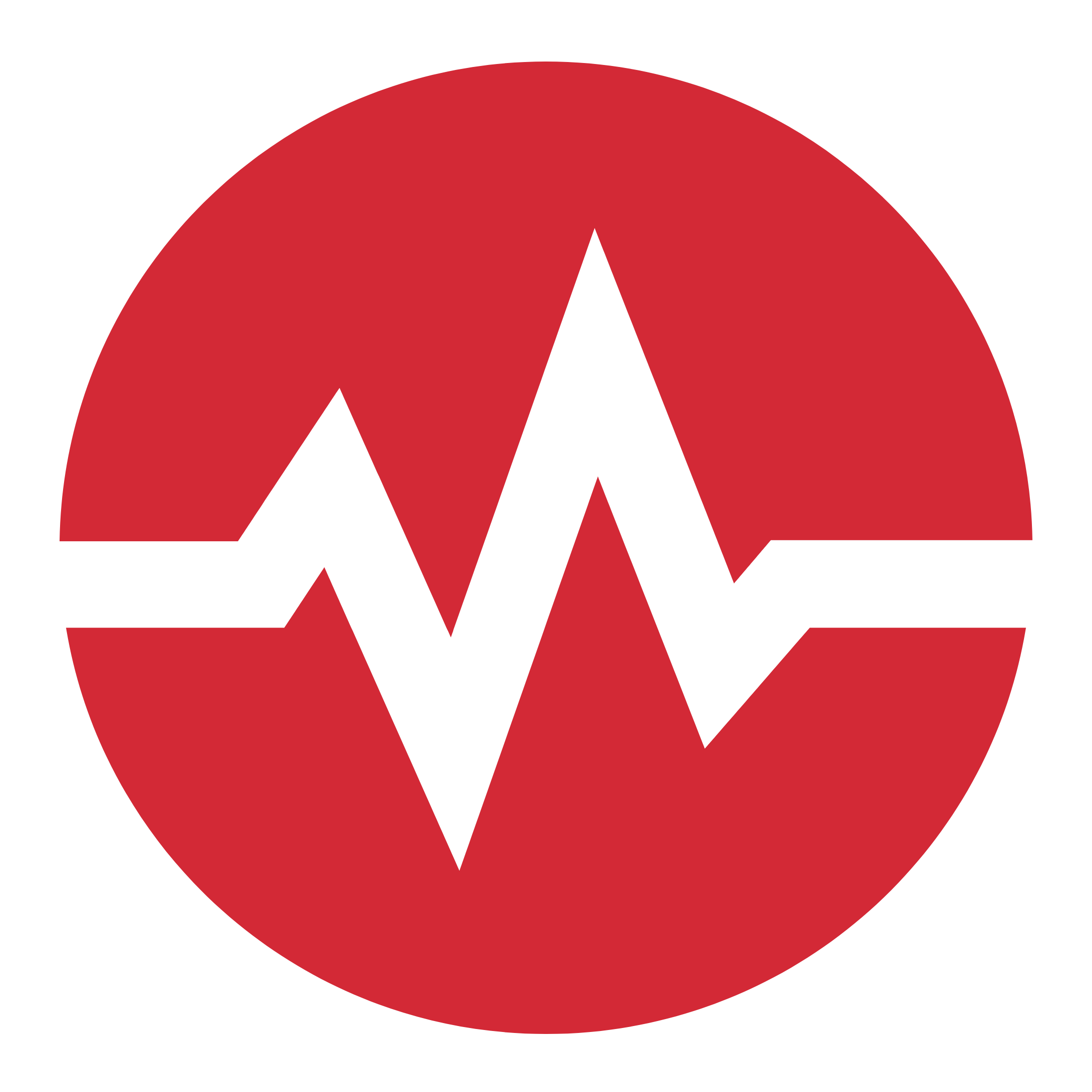SEMI
Essential Services for Maternal and Child HealthSEMI – Essential Services for Maternal and Child Health in DRC
Strengthening the health system and improving the quality, effectiveness, and affordability of health care services in Kasai province.
Continuing the legacy of primary health care for all
SEMI – Essential Care for Maternal and Child Health in DRC, is a new health systems strengthening project in the Kasai province of the Democratic Republic of Congo. Since 2013, IMA has been working to build the health system and increase access to primary health care in Kasai through its UKaid funded ASSP and ASSR projects. During the nine year reign of these projects, IMA successfully increased service utilization, providing curative consultations for more than 42 million people across five provinces. In these project areas, close to 100 percent of pregnant mothers are now give birth at health centers, as opposed to only 62 percent at the beginning of ASSP.
Quality of Care – A SEMI Priority
Now that IMA and its partners have established access to health care, the focus is shifting to improving the quality of care with SEMI, which in french stands for Services Essentiels de Santé Maternelle et Infantile en RDC , Essential Services for Maternal and Child Health in DRC.
SEMI project interventions focus on:
- Improving access to life-saving essential maternal, new born, child & adolescent health services;
- Promoting rights-based family planning services for women and girls; and
- Strengthening the health system in the following areas:
- Community governance mechanisms – empowering front-line health care workers and surrounding communities to engage in health system quality improvement.
- Human resources for health – providing opportunity for data-driven solutions for managing the health workforce.
- Drug supply chain management – ensuring the right medicines are available, in time and without waste, at the front line.
- Health information system quality and completeness – supporting data use in decision-making at all levels of the health system.
- Public finance management for health system support in DRC provinces.
Implementation Period
September 2022 to Present
Donor
UKaid
Improving Quality of Care
- ZERO tolerance of gender-based violence
- Community empowerment of health workers and beneficiaries alike to take owenrship of their health system

936,177
patients used curative services
during the last quarter of 2022
SEMI – Essential Care for Maternal and Child Health in DRC
Improving care for mothers
pregnant women
received four doses of intermittent preventative treatment, or IPT, during antenatal visits during the last quarter of 2022, helping to prevent the transmission of malaria during pregnancy.
pregnant women
attended four antenatal visits.
new acceptors
of modern methods of family planning during the last quarter of 2022.
couples
were given one year of preotection from unwanted pregnancies.
52,882 planned deliveries were attended by a skilled birth attendant
These 52,882 planned deliveries represent 96% of total deliveries in the Kasai province. Of these deliveries, only 16 maternal deaths were reported during the last quarter of 2022. All of these deaths were examined.
SEMI – Essential Care for Maternal and Child Health
protecting the most vulnerable
newborns
Received essential care during the last quarter of 2022.
children under one year
have been fully immunised against measles and other life threatening diseases.
235,205 children under five have been screened for malnutrition by community volunteers
During the last quarter of 2022, 10,536 children were seen at the fifth nutrition monitoring visit. Of these, 7,138 (68%) were considered recovered from moderate or severe malnutrition.
ZERO TOLERANCE FOR GENDER-BASED VIOLENCE.
526 survivors of gender-based violence were seen at a supported health facility with 72 hours OF AN INCIDENT.
This represents 90 percent of cases of GBV in Kasai province. Of these, 443 survivors received PEP kits, protecting them from transmission of HIV and unwanted pregnancy.
1,141 CODESA Meetings Held
CODESAs (community health committees), CAC (village health committees), and RECOs (community liaisons), are the voice of the community. These groups are on the ground, going house to house and to every health center ensuring that communities are receiving the care and the representation that they deserve.
Map of project health zones
The SEMI project operates in 18 health zones, covering nearly the entire province of Kasai in the Democratic Republic of Congo.
SEMI Partners
SEMI is funded by UKaid and managed under the direction of IMA in partnership with the government of DRC and with local implementing partner Sanru.

Publications

Health Systems Strengthening
SEMI Project Overview – September 2023 (pdf)
ASSP General Program Flyer - September 2019 (English) (français)
read more about our past work to strengthen health systems through ASSP and ASSR.
QUICK CONTACTS
Recent Posts
Filets suspendus, la prévention du paludisme en RDC
Musoga et Rizikia Esther vivent dans une maison de deux pièces dans le quartier surpeuplé Birere à Goma, RD Congo. Leur maison est modeste mais propre et soigné de pour-un contraste avec les rues animées devant leur porte.Personnel IMA World Health a récemment visité...
Première formation pour la collecte de données utilisation des téléphones mobiles est un succès en RDC
La ASSP projet deLe paludisme équipe formée avec succès plus de 40 bénévoles de la communauté, les médecins et autres personnels de santé sur l'utilisation du téléphone cellulaire et Open Data Kit (ODK) logiciel dans la zone de santé de Nyanga. Les stagiaires...
Engagement communautaire est fun!
L'engagement communautaire est un ingrédient essentiel à une distribution de moustiquaires de lit succès et il est amusant! Le ASSP projet deLe paludisme équipe a tenu une manifestation d'envergure communautaire pour sensibiliser la communauté sur le paludisme et...


